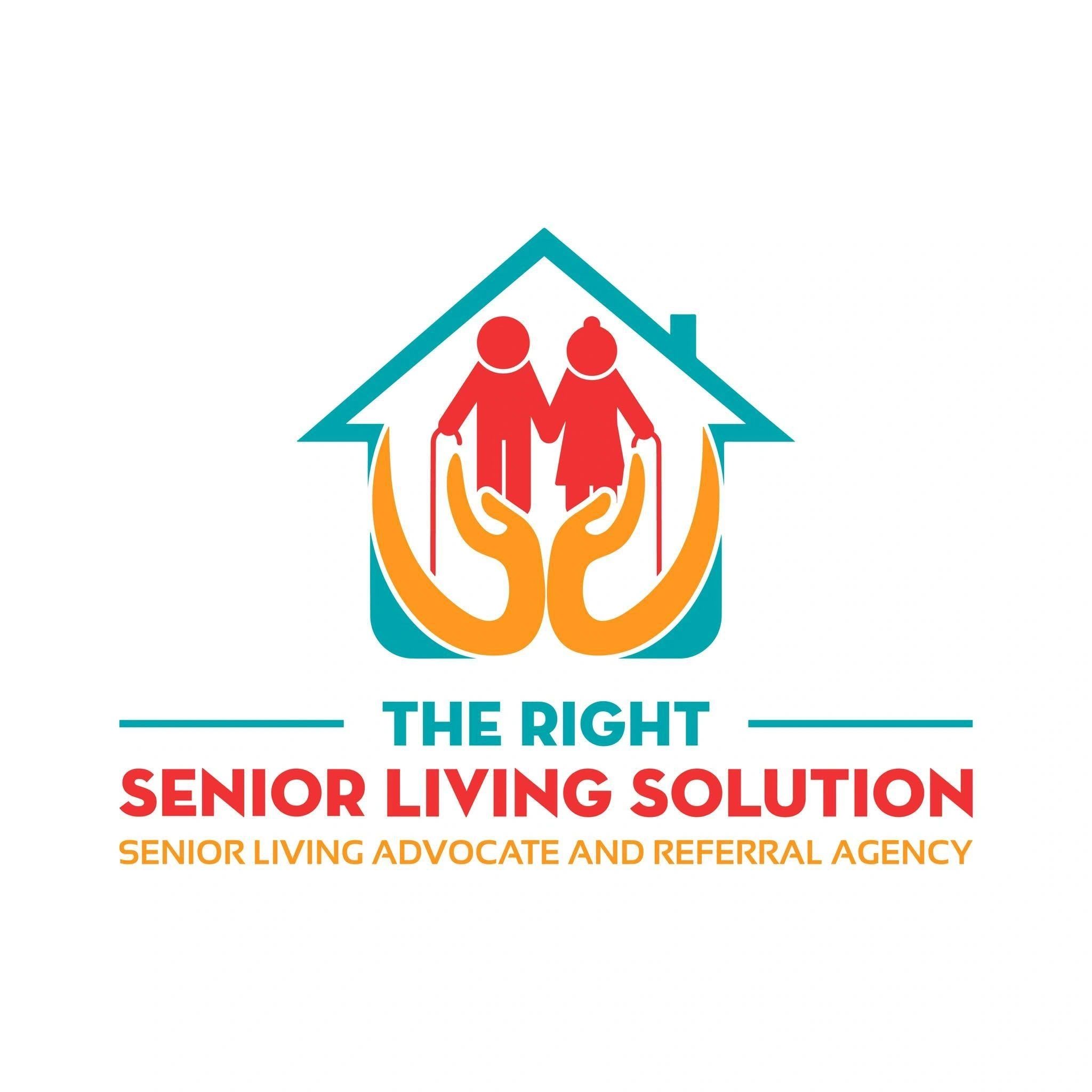
Medicaid Managed Long Term Care

In 2013, Florida deployed a Statewide Medicaid Managed Care Long-Term Care Program (SMMC LTC) system, also referred to as a nursing home diversion program, to meet the needs of their elderly residents. Under this program, Medicaid eligible seniors who require long term care supports can receive assistance in their home, in the community, or in assisted living. SMMC LTC divides Florida into 11 regions with multiple Managed Health Care Organizations that provide services. Not every provider is available in all 11 regions.
Florida’s Statewide Medicaid Managed Care Program functions much like an insurance HMO, except it is for long term care and services only, not medical care.
How it Works for Families
Needy seniors who require care and are financially eligible select a “Plan” from one of the providers who offer care in their geographic area. That provider becomes responsible for all of the participant’s long term care needs. Participants may also be able to receive Managed Medical Assistance (MMA) via Florida Medicaid. Counselors are available to help participants choose a long term care plan.
Having selected a plan, each participant is assigned a Long Term Care Case Manager. This person conducts a comprehensive assessment of his/her care needs. Family members and other persons knowledgeable about the participant can (and should) participate in the assessment process.
The outcome of the assessment is a Care Plan that states the least restrictive environment in which the participant can receive care (for example, at home, in adult day care, assisted living, an adult family care home, or a nursing home) and what care and supports they require in that environment. A complete list of potential services is available in the benefits section below.
The plan has a network of care and service providers to fulfill all the needs of the participants. Nevertheless, each plan offers clients a degree of participant direction. This Participant Directed Option (PDO) means program participants have some choice in who provides them with care services, at a minimum in the areas of personal care and homemaker services.
Program participants, or a representative chosen by the program participant (such as a friend or relative), are able to hire, train, and manage the care provider. Family members, including adult children and even spouses, can be hired and receive compensation as providers. Some readers in Florida may know of PDO by other names including Cash & Counseling or Consumer Directed Care.
If a program participant believes a level or type of care, or a specific support service, for which he/she has not been approved is necessary, they can request a Medicaid fair hearing. A third-party organization handles the participant’s dispute with the Managed Care Organization.
Assisted Living
Assisted living facilities primarily help residents with non-medical needs. Although minor and infrequent medical services, such as first-aid for a wound, can sometimes be met on-site by nurses. These communities may sometimes also be called ALFs, residential care facilities, retirement homes, or long-term care facilities.
Senior Care
The financial options available to help pay for senior care is dependent on, among other things, the type of care that is required. If you are just beginning the research process on how to pay for long-term care, it is helpful to have an idea about the type of care you or your loved one currently requires, as well as to anticipate future needs. In addition, it is important to be familiar with the associated eldercare terminology.
How Can We Help!
Welcome to The Right Senior Living Solution where finding the perfect senior living solution is only one phone call away!
Get In Touch
Give us a call
(941) 705-0293Send us an email
[email protected]